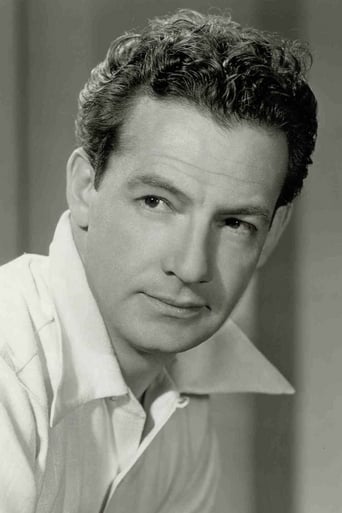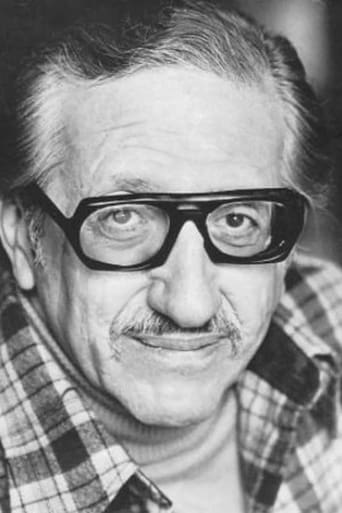Josephina
Great story, amazing characters, superb action, enthralling cinematography. Yes, this is something I am glad I spent money on.
F Gwynplaine MacIntyre
The 1956 TV series 'The Count of Monte Cristo', co-produced by Lew Grade, was intended for juvenile audiences, so the violence (mostly swordplay) was antiseptic, and the Count had an eye for the ladies but was always too chivalrous to go beyond mild flirtation. I viewed some kinescoped episodes of this series in the late 1960s, when I was working for Lew Grade's production company.This series, taking place after the events in the Dumas novel, made a creditable attempt to remain faithful to Dumas's source material in depicting the further adventures of Edmond Dantes. The title character was played by George Dolenz, a slightly handsome and slightly talented actor who seems to have acquired a minor cult following in America. (Possibly down to the later success of his son Mickey and granddaughter Amy.) In a recurring role as Dantes's ingenious sidekick Jacopo was Noel Cravat, playing the role as a crafty mute. Cravat was a much more talented actor than Dolenz, and often upstaged him in their scenes together. Dolenz (a vaguely swarthy actor) was usually moustached in his film roles but in this series he was clean-shaven, possibly to emphasise that he was the hero.The most interesting aspect of this series is that the first 12 episodes were filmed in California (at the Hal Roach studio), and the remaining 27 at Boreham Wood and other locations in England. The cast of guest stars never rose above the level of Ian Wolfe, John Hoyt, Finlay Currie or Patrick Troughton. The production values were impressive for a 1950s series, making a creditable effort to reproduce southern Europe in the 1830s. This was especially noteworthy in the American episode 'First Train to Paris', which briefly featured an intriguing mock-up of an early railway engine.The scriptwriters made a laudable effort to link the fictional Count's adventures to actual historic events of this time (such as the war for Texan independence in 1836), and the Count just occasionally crossed paths with actual historic figures (in one episode, a young Victor Hugo). The most entertaining episodes tended to be those which linked Edmond Dantes to events or locations in Dumas's novel, such as 'Bordeaux' (reuniting Edmond with Mercedes, his lady-love in the novel) and "Return to the Château d'If".This series has a similar feel to that of a slightly later Grade series, 'Danger Man'. The latter was filmed entirely in Britain, yet made elaborate attempts to convey exterior settings all over Europe. Similarly, various episodes of 'Monte Cristo' dispatched this hero to locales throughout southern Europe, yet somehow left most of them looking like Boreham Wood. The titles of the episodes filmed in England read like a travelogue: 'Marseilles', 'Bordeaux', 'The Luxembourg Affair', 'Flight to Calais', 'Albania', 'Naples', 'Burgundy', 'Majorca', 'Sicily', 'Athens', 'Monaco', 'The Portuguese Affair' and (shades of 'Call Me Madam') 'Lichtenburg'. Notwithstanding the Count's wealth, it was slightly implausible that one man could cover so much territory using only the modes of transport on offer in the 1830s. But this was a fun series, a swashbuckler intended for juvenile viewers yet enjoyable for adults, very much in the style of Disney's 'Zorro' series a few years later. 'The Count of Monte Cristo' deserves to be revived.

